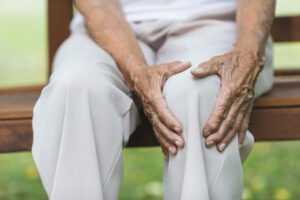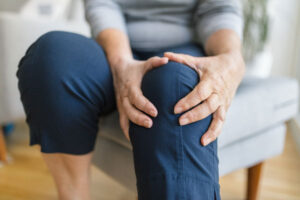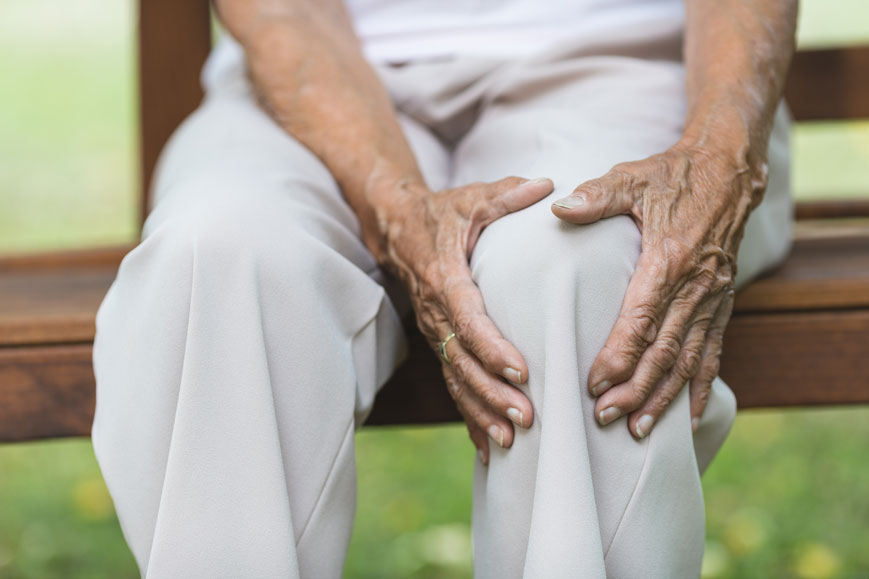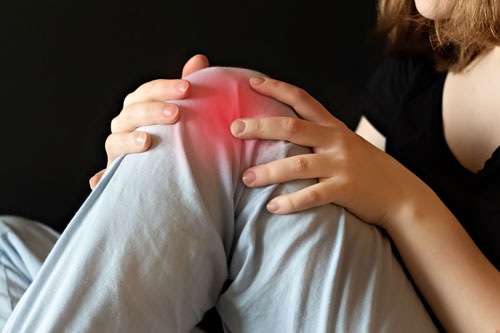Healthcare Professionals
Mental Health Resources
Here you will find resources to help you to manage your mental health.
Please feel free to download or share the following information. All resources are evidence based and have been co-produced with patients and the public, clinical experts and academics.
You can access these resources by scrolling down this page and selecting the resource you require from the buttons below.

- Low Mood & Pain
- Emotional Distress
- Oral Health
- Children/Young People
Low Mood & Pain
- Animations
- Local Library
- Training
- Bee Free
Mental Health Animations
Bee Free
These animations explain the link between low mood and long term pain.
There is a full animation which can be downloaded and used with patients, and there are five shorter animations called ‘the Hive Five’ which cover the five key areas people can focus on to help themselves feel better.
Local Resource Library
Bee Free Repository
Training for Volunteers
This free course will enable clinicians to develop the skills needed to support the mental health needs of people with long term pain.
Across our three modules, you can expect to learn the following:
- Develop your awareness of mental health and long term pain
- Recognise mental health problems in people with long term pain
- Develop communication skills and techniques
- Identify ways to promote positive health behaviours
- Identify ways to protect your own mental health and wellbeing
The content is informed by evidence, includes a range of different learning materials and has been designed to support a mix of learning styles. The course is appropriate for a broad range of people such as Healthcare professionals, NHS support staff, and volunteers from inside and outside the NHS who work regularly with people with painful long-term conditions.
Click on the link below to access the training.
Bee Free
BeeFree is an initiative taken together with Keele University Impact Accelerator Unit, Mind and local NHS organisations.
You can find out more here – BeeFree | Welcome To Beefree













